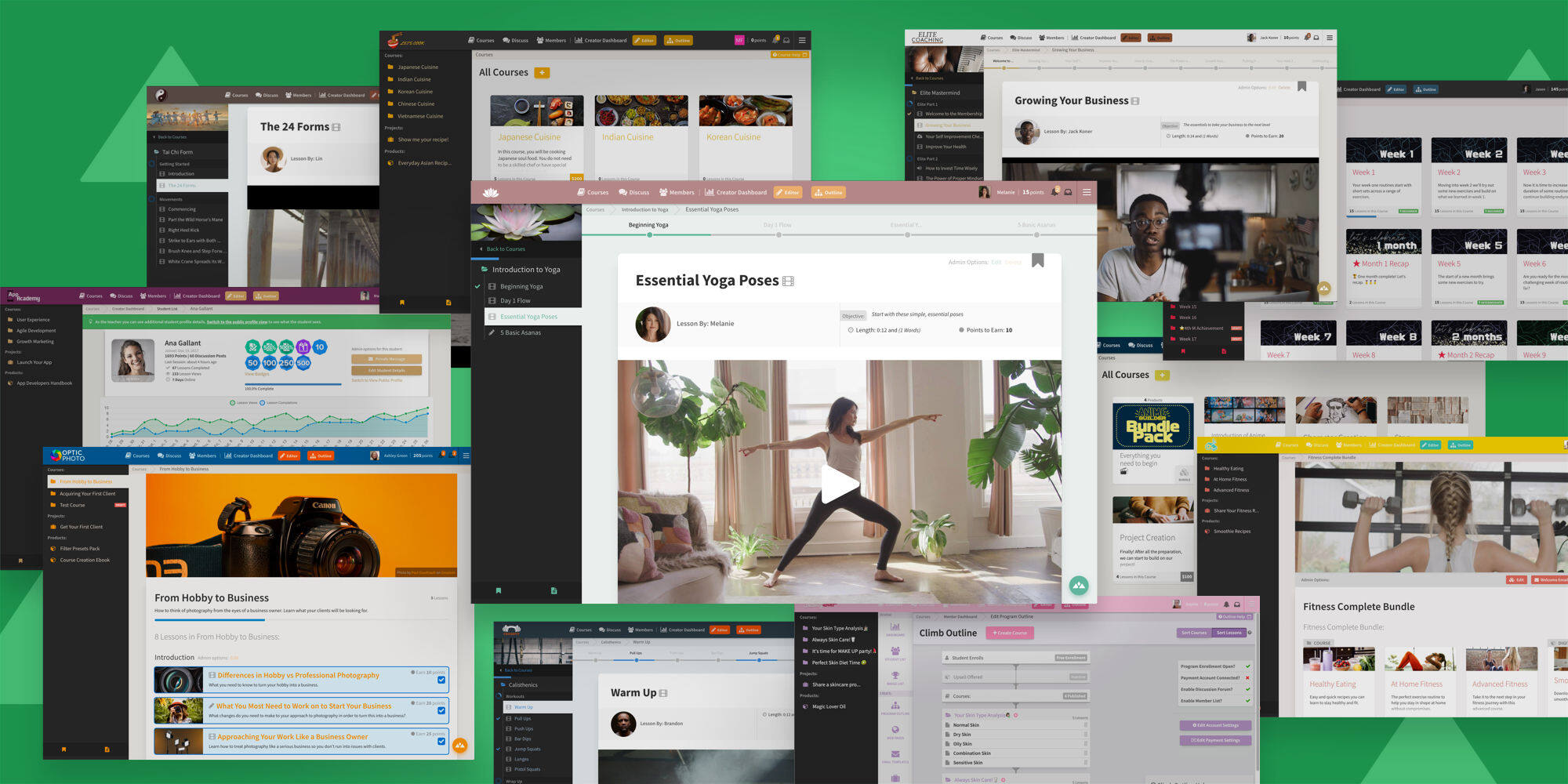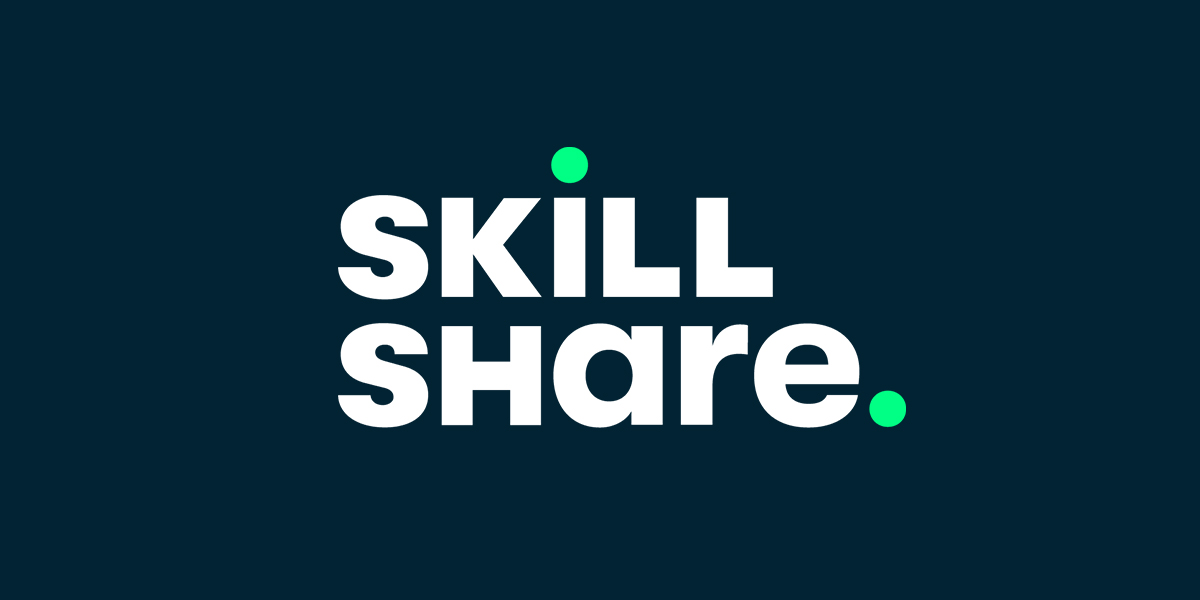In recent years, online Learning has experienced an unprecedented surge in popularity. The global pandemic has accelerated this educational revolution, which forced millions of students and professionals to adapt to remote learning environments. As a result, the demand for online learning platforms has remained the same. However, with the abundance of options available, choosing the right online learning platform can take time and effort. This article will explore the key factors to consider when selecting the perfect online learning platform to meet your educational and professional needs.
Your Learning Goals
The first and most crucial step in choosing the right online learning platform is defining your learning goals. Are you looking to acquire a new skill, earn a degree, enhance your knowledge, or explore a hobby? Understanding your objectives will help you narrow your options and identify platforms that align with your goals.

For instance, consider accredited online universities or colleges if you’re seeking a formal degree program. Alternatively, if you want to develop a specific skill, you may explore platforms offering short courses or certifications.
Course Content and Quality
The quality of the course content is paramount when selecting an online learning platform. Look for courses that are comprehensive, up-to-date, and taught by experienced instructors. Reading reviews and testimonials from previous learners can provide valuable insights into the course’s quality.

Additionally, consider whether the platform offers a wide range of courses in your area of interest. The availability of diverse course options ensures you can continue learning and exploring new topics within your chosen field.
Accreditation and Certification
If you’re pursuing a degree or a professional certification, ensuring that a recognized accrediting body accredits the online learning platform is crucial. Accreditation guarantees that the institution meets specific educational standards and that employers and institutions will widely recognize and respect your credentials.
Even for non-degree programs, certifications from reputable online learning platforms can carry significant weight in your professional development. Check if the platform offers certificates of completion or industry-recognized certifications that can enhance your resume.
Learning Format and Flexibility
Online learning platforms offer a variety of learning formats, including self-paced courses, live webinars, interactive assignments, and peer-to-peer discussions. Consider your preferred learning style and the flexibility you need when selecting a platform.

If you have a busy schedule, look for platforms that offer self-paced courses, allowing you to learn at your own pace and on your own time. On the other hand, if you thrive in a more structured environment, you may prefer platforms with live classes and set schedules.
Ease of Use and User Experience
The platform’s interface and user experience can significantly impact your learning journey. A well-designed platform should be intuitive, easy to navigate, and offer a seamless learning experience. Take advantage of free trials or demos to assess the platform’s usability before committing.
Additionally, consider the availability of mobile apps if you prefer to learn on the go. Mobile compatibility can be a crucial factor for those with busy lifestyles.
Support and Interaction
Support from instructors and interaction with fellow learners can significantly enhance your learning experience. Look for platforms that offer opportunities for asking questions, seeking clarification, and engaging in discussions with instructors and peers.

Many online learning platforms provide forums, discussion boards, or chat features to facilitate interaction. Ensure that the platform fosters a supportive and collaborative learning community.
Cost and Financial Considerations
The cost of online Learning can vary widely, and it’s essential to factor in your budget. Some platforms offer free courses, while others require a one-time payment, subscription fee, or a pay-per-course model. Consider the overall cost, including course fees, textbooks, and additional materials.

Remember to explore financial aid options, scholarships, or discounts that may be available. Many online learning platforms offer financial assistance to make education more accessible.
Technical Requirements
Before enrolling in an online course, ensure your computer or device meets the platform’s technical requirements. This includes checking for compatible browsers, internet speed, and software or hardware specifications.
Technical support is also essential. Ensure that the platform provides adequate technical assistance if you encounter issues while accessing the course content.
Reviews and Recommendations
One of the best ways to gauge the quality of an online learning platform is to read reviews and seek recommendations from others who have used it. Online communities, social media platforms, and educational forums can be valuable sources of information.
Pay attention to both positive and negative reviews to get a balanced perspective. Remember that individual experiences may vary, so look for consistent feedback on critical aspects like course quality, support, and usability.
Data Privacy and Security
Online learning platforms often collect personal and educational data from their users. It’s essential to prioritize data privacy and security. Ensure the platform has robust security measures to protect your information.

Review the platform’s privacy policy to understand how your data will be used and whether it will be shared with third parties. Transparency in data handling is crucial for your peace of mind.
Feedback and Assessment
Evaluate how the platform provides feedback on your progress and assesses your performance. Effective feedback and fair assessment methods are essential for your growth and Learning.
Career Services and Job PlacementFor those pursuing career-focused education, look into whether the platform offers career services, such as job placement assistance, resume-building workshops, or interview preparation. These services can be invaluable in helping you transition into your desired field.
Community and Networking OpportunitiesConsider whether the platform provides opportunities for networking and building connections within your field of interest. Alumni networks, discussion groups, and career events can be valuable for establishing professional relationships.
Conclusion
Selecting the right online learning platform is a critical decision that can significantly impact your educational and professional journey. By considering your learning goals, course quality, accreditation, flexibility, user experience, support, cost, technical requirements, reviews, and data privacy, you can make an informed choice that aligns with your needs and aspirations.
Remember that the perfect online learning platform for one person may not be the best fit for another. Take the time to research and explore your options, and don’t hesitate to reach out to current or former learners for insights into their experiences. You can embark on a successful and fulfilling online learning journey with careful consideration.




Leave a Comment